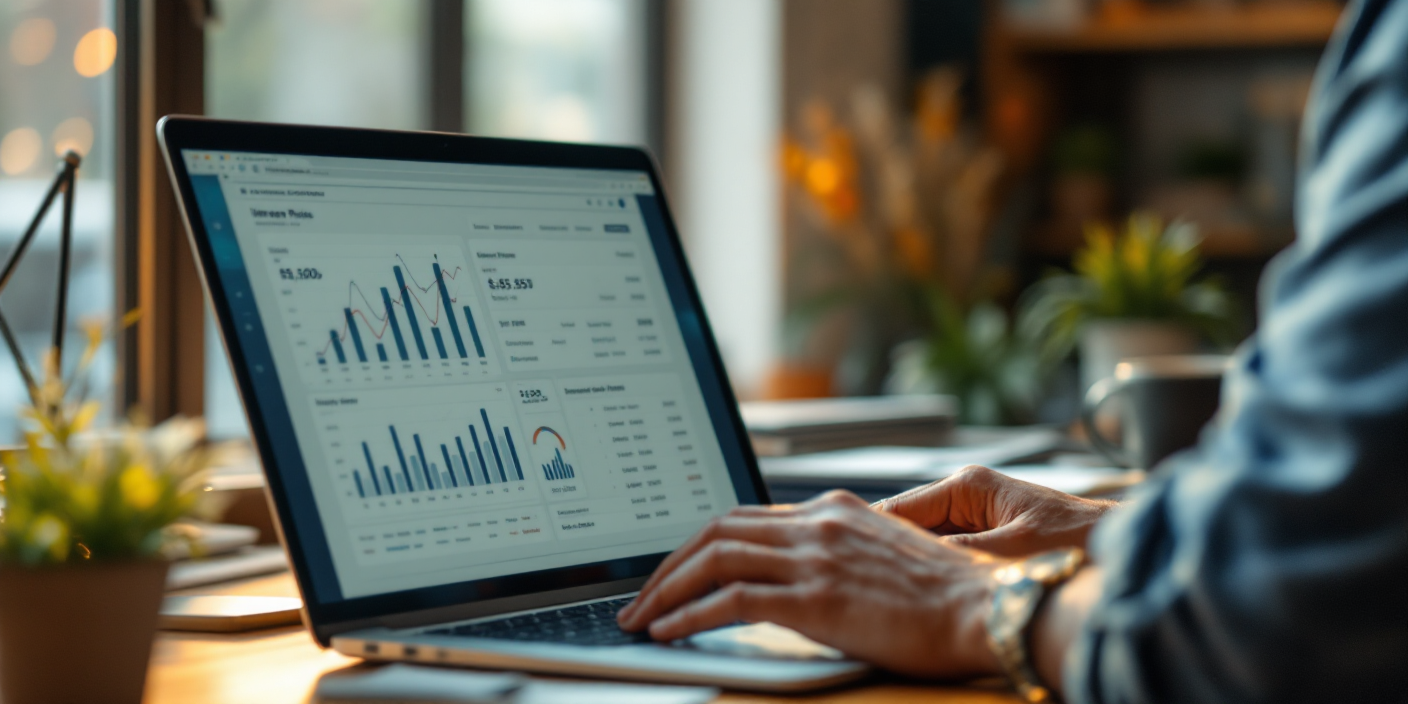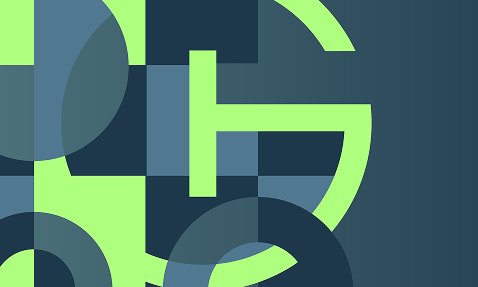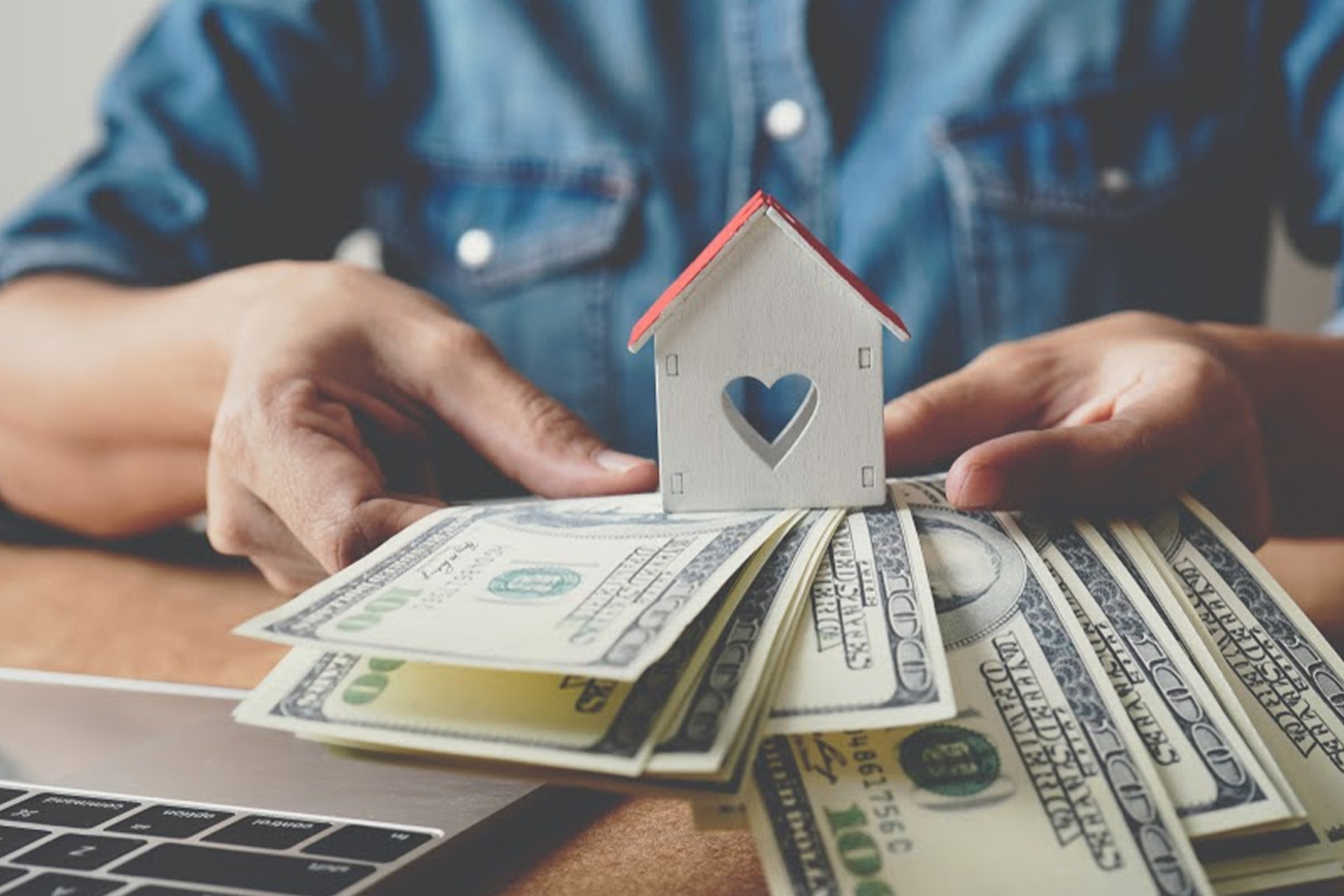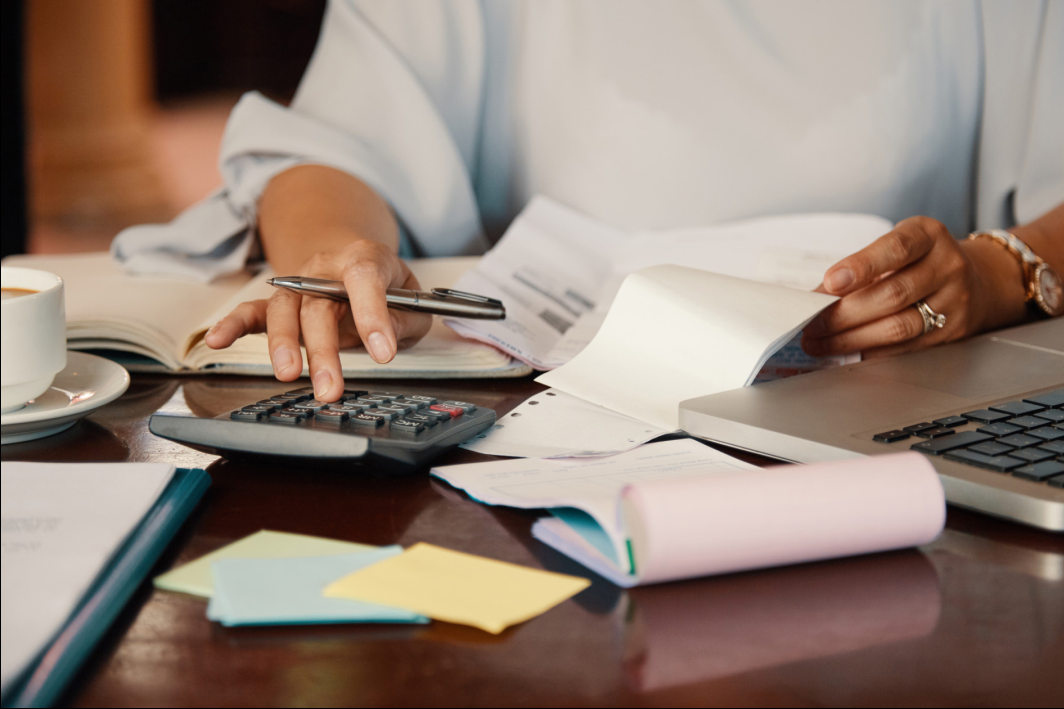How They Really Impact Your Pocket
Repo rate, prime interest rates, personalised interest rates, rate cycles, rate cuts: all terms we hear and read about frequently. In the times we find ourselves at present, they’re particularly top of mind. Confused as to what these all mean? Read up here.
The impact that interest rates have on our bank balances is one we often underestimate if we’re credit active. Thinking about rate cycles and particularly rate cuts in relation to your home loan only is near-sighted, as this may be the longest credit agreement you’ll ever sign up for, but it has the lowest interest rate of all your existing debt.
Understanding the interest you’re paying on all your individual debt is important. If you’re able to work out whether you can pay any of your short-term debt off faster, it’s a worthwhile exercise to go through.

Debt is a necessary part of life
At the outset, let it be said: debt isn’t bad. It is necessary for most people to live, grow wealth and build an asset base over time. “Responsible credit behaviour” is an important concept to understand, as banks will make decisions on whether to grant you credit based on your historical ability to pay it off and how much of your disposable income is already tied up into repaying debt. The interest rate you’re charged is directly related to your credit behaviour too.
A reminder: when entering into a credit agreement, you’re contracting with a bank/financial institution to repay debt at a specific (and personalised) interest rate, for an agreed-upon term. This means that you’re contractually obligated to abide by these terms and will need to pay instalments before any of your other expenses.
Having debt in various forms is okay. Using debt for different things is also okay, as long as you keep your debt payments (in total) at less than 36% of your net income, and you consistently repay all your contractual obligations – you’re okay.
Different debt, different rates
Secured debt is where you have an asset that “secures” the debt as collateral. So, if you fail to pay, the lender can seize the asset to recoup the loss. Common examples of this include a home or vehicle loan. This debt is typically longer term (20-30 years for a home loan, 3-6 for vehicle finance), and because there is something physical that a bank can take away from you to recoup their costs if you stop paying it off, it is less risky for the bank. This means that the interest rate you pay on these kinds of loans is typically the lowest of all credit.
Unsecured debt does not require collateral, making it riskier for lenders and often resulting in higher interest rates. Examples of this include: personal loans, credit card debt, student loans and store/retail accounts. The nature of this debt is shorter-term, and because of the higher interest rate charged, this can become expensive if less than the required minimum is paid monthly and interest upon interest is charged. Keeping a handle on this debt is important if you want to keep a high credit score.

Are you paying your debt off in the best way?
To answer this question, you need to have a good idea of what debt you’re paying off every month. Start a list by going through your bank statement history: list the instalments coming off your bank account, how much you’re paying, how much you still owe and what interest you’re paying.
Once you have this list, work out what your most expensive debt is, consider whether it’s possible to pay this off using cheaper debt. An example of this is: take out a personal loan to pay your credit card debt if the rate offered on this is cheaper but endeavour to pay this personal loan off before building up more credit card debt. Be sure not to mix unsecured with secured debt, i.e. don’t pay off your credit card by accessing funds from your home loan – this means you’d be using long-term debt to pay off living expenses, and this is poor credit behaviour and not recommended.
How do rate cuts impact you?
Once the repo rate is reduced, banks immediately reduce the prime lending rate by the same percentage for all credit agreements and your interest rate will decrease accordingly across all your debt. Your instalments will be reduced and you’ll find yourself with extra disposable income as a result.
It can be tempting to spend this extra money frivolously, but we recommend putting some thought into how you can benefit from this financial relief in the short, medium and long term. Choosing to keep your instalments the same means you will pay off your debt faster, all it takes is a quick call to your bank and they’ll make this adjustment.










































